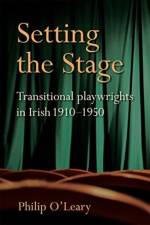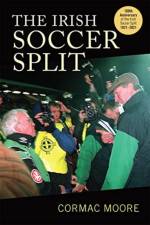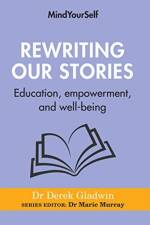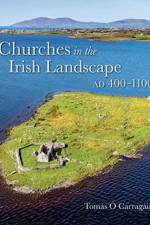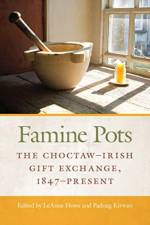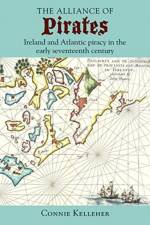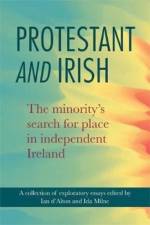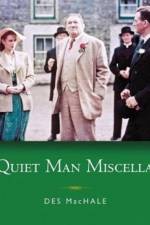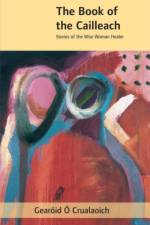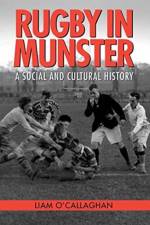av Derek Gladwin
251
Rewriting Our Stories: Education, empowerment and well-being harnesses the therapeutic power of storytelling to convert feelings of fear and powerlessness into affirmative life narratives. Rather than seeing fear as an outcome, we can view it as a feeling in the moment largely governed by narratives. Many of our fears are stories we tell ourselves, even if they are largely fictional and rooted in sociocultural belief systems. The result is that we often feel helpless in the face of those fears. This transformational book considers a potent antidote: by recognising our recurring negative stories, we can rewrite and transform them to achieve greater empowerment and well-being in our lives. Storytelling is an antidote to fear. Narrative theory has inspired an exciting and effective array of professional practices over the years - in education, therapy, healthcare, organizational development and beyond. With clarity, wisdom, and care, Derek Gladwin now makes the riches of a narrative perspective available for the practice of everyday life. We should all be grateful - Kenneth Gergen, PhD, social psychologist, president of The Taos Institute, and author of An Invitation to Social Construction and Relational Being: Beyond Self and Community. Throughout human existence, no matter where our place of origin or when in history, storytelling shapes our societies, influencing personal, sociocultural, educational, and public discourses that impact how we live. Creating and communicating the language of stories - to ourselves and others - enhances our innate voices and can empower us to engage in greater empathy, compassion, and possibility. Intended for educators, leaders, therapists, mental health professionals, change management, or youth organisations, as well as the general public, Derek Gladwin offers practical and positive tools for everyone to re-author their lives.Dr Derek Gladwin, Assistant Professor in Language & Literacy Education at University of British Columbia, has authored books on narrative, media, and eco-literacy, including Contentious Terrains and Ecological Exile. He also supports individuals and groups with narrative coaching.

